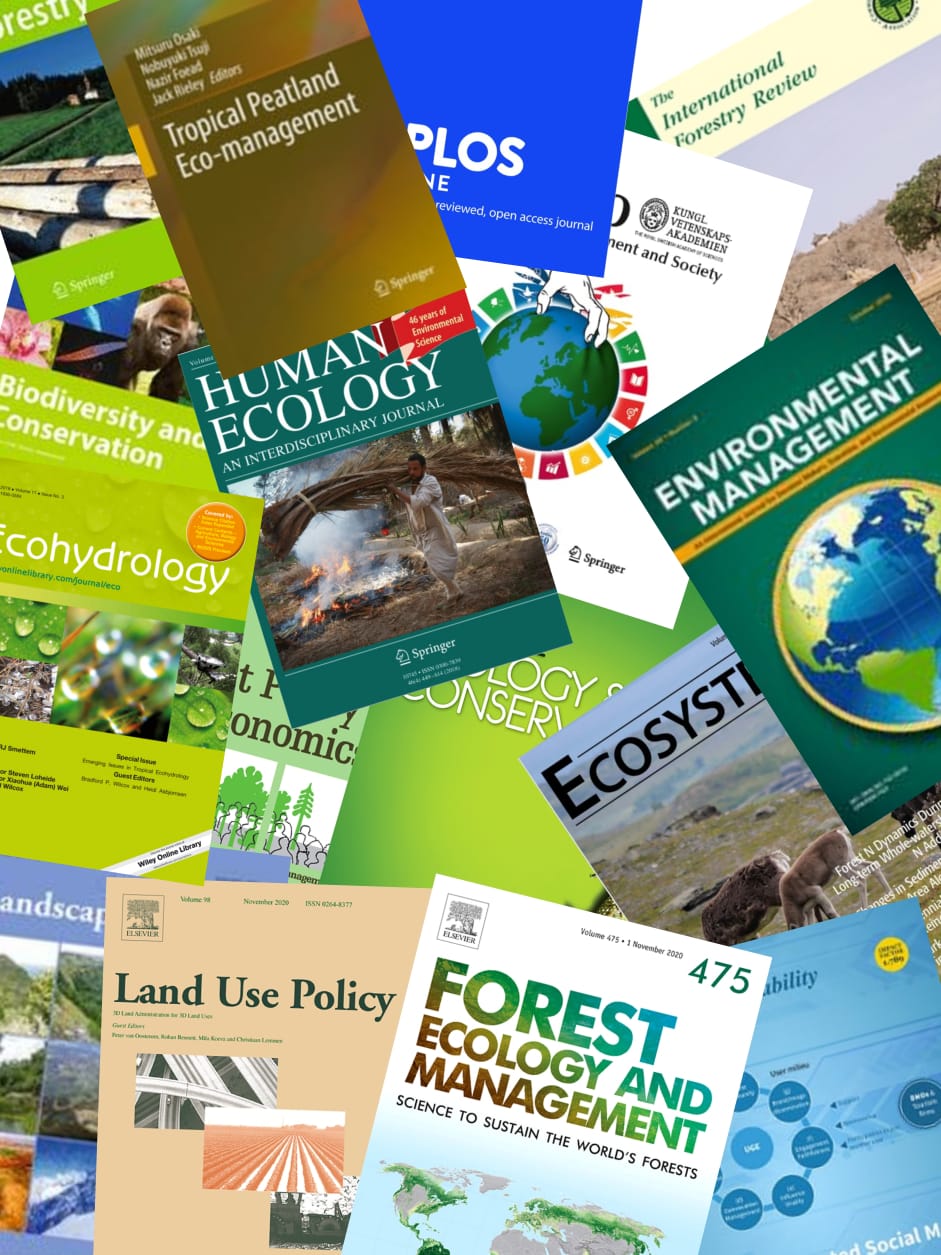Tropical peatlands account for one of the largest carbon stores in the form of organic matter due to the accumulation of plant litter and waterlogged conditions. Recent anthropogenic disturbances, such as forest fires, agricultural conversion and drainage, in tropical peatlands have caused a vast amount of carbon to be released into the atmosphere, and microbial activities are impacted by these changes. A recent study showed that many phenol-and lignin-degrading bacteria prefer alkaline and neutral pH conditions, while tropical peat land conditions are acidic, possibly changing the mechanisms of the utilization of organic matter from peat soil. The purpose of this study was to isolate and characterize phenolic compound-degrading bacteria from tropical peatlands under acidic conditions due to the lack of information on how the biological processes of microorganisms occur in this unique habitat. Two isolates show the capability to utilize phenolic aldehydes based on building blocks of lignin that are abundant in tropical peatlands, including hydroxyphenyl, guaiacyl and syringyl units. The identification of these isolates by 16S rDNA shows that strain S38 is similar to Stenotrophomonas sp., while strain S46 is similar to Burkholderia sp. Further characterization of these isolates shows their ability to degrade 4-hydroxybenzaldehyde and vanillin into phenolic acids within 24 hours of incubation and syringal dehyde within 7 days of incubation. In conclusion, these isolated bacteria show the ability to withstand the acidic environment of tropical peatlands and utilize lignin monomers through unknown metabolic pathways.
View source

